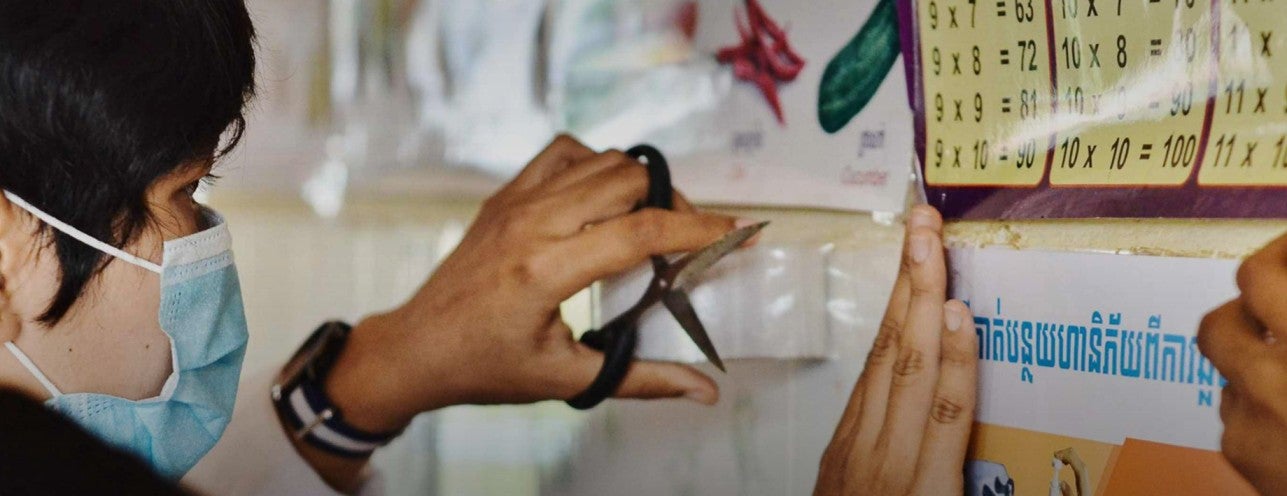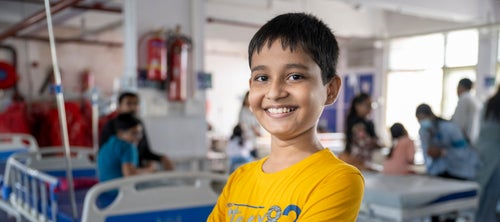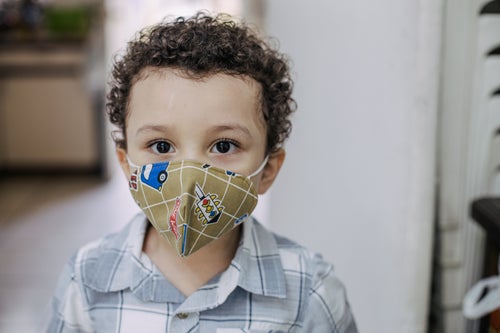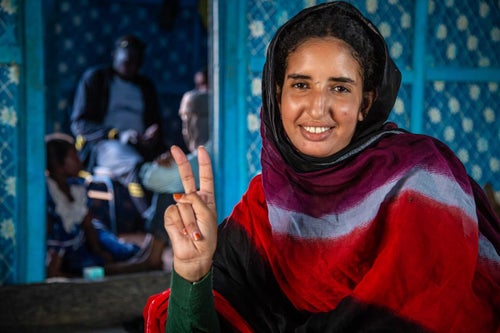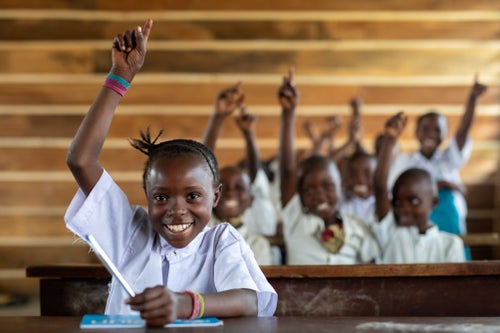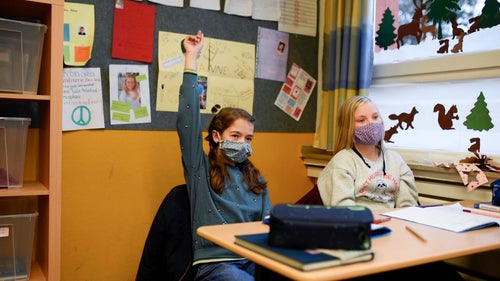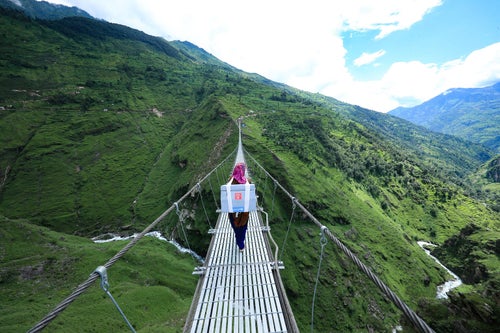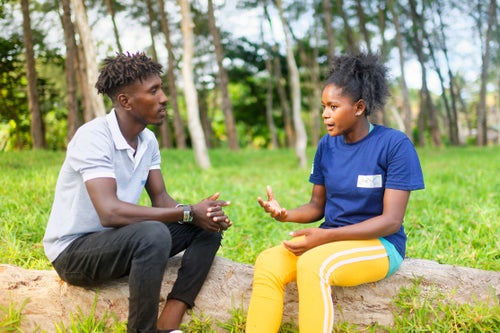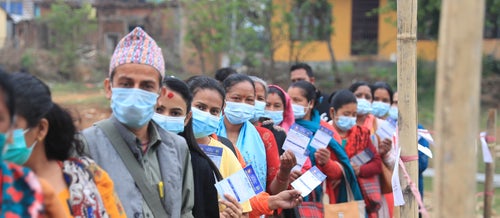The COVID-19 outbreak prompted the Royal Government of Cambodia to close schools until further notice and ban all large gatherings.
With schools closed and children at home, our thoughts immediately went to children who were not living at home under the comforting care of their parents during this unpredictable and difficult time.
With UNICEF support, the Ministry of Social Affairs immediately banned new admissions of children into any residential care facility to prevent transmission of the infection, and directed all children who needed alternative care to provincial focal points.
This helped to carefully screen children’s health and infection status and to decide on the most appropriate care, while protecting children currently living in facilities. Visits by any external people to orphanages were suspended.
This was a very important decision, as institutionalisation in Cambodia has been exacerbated in recent years by ‘orphanage tourism’, where tourists visit orphanages as part of making donations. This has created dependency and led to unnecessary family separation, doing more harm than good. More than 80 per cent of children in Cambodia’s residential care system have at least one living parent.
Having quickly acted at the policy level, it was also important to reach all these children with the most powerful tool we have to fight this new virus: soap.
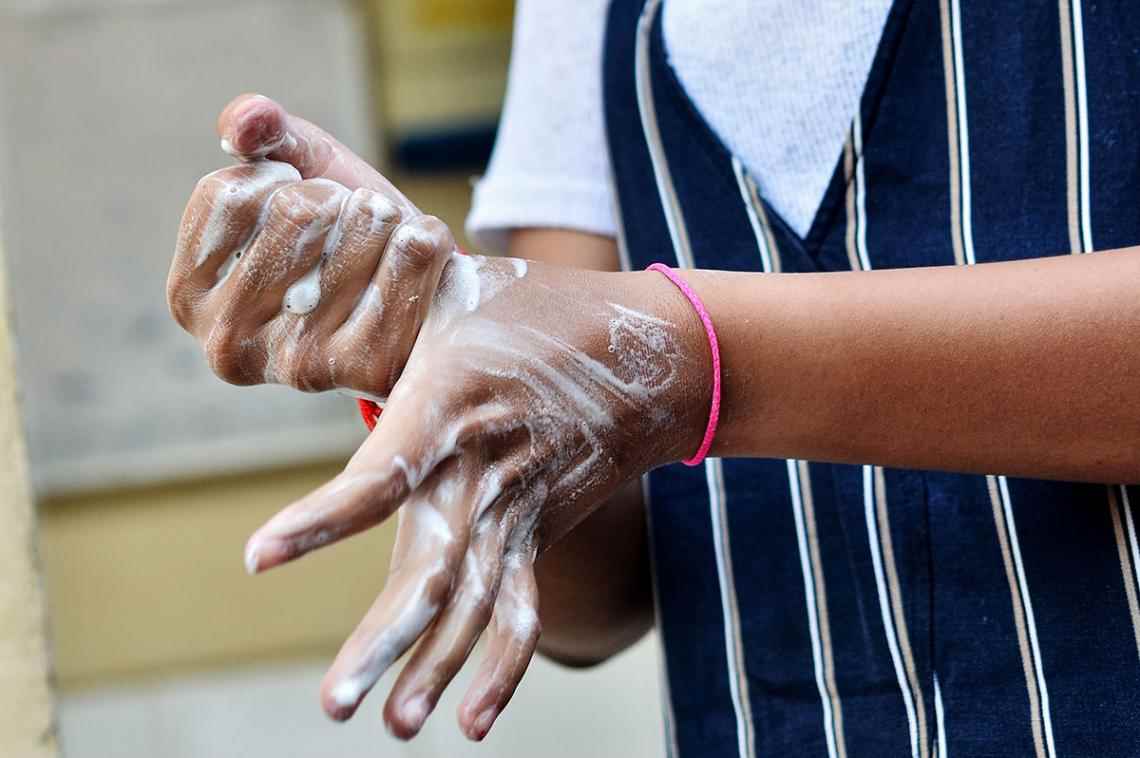
Luckily, together with the government, in 2015 UNICEF mapped every residential care facility in the country and knew where each one was. Our supply team quickly procured hygiene supplies; we have already distributed more than 35,000 soaps and sanitisers to care facilities, and more are on the way.
UNICEF teams noted that hygiene practices have improved in orphanages and that the temperatures of children and staff were being measured regularly. Informative posters on risk prevention and hand washing, developed in partnership with the government and other stakeholders have been distributed to educate caregivers and children.
These posters are now displayed throughout the country, a sign of the clear, coordinated messaging that can be achieved with excellent teamwork across all organisations. With the pandemic showing few signs of abating, UNICEF has moved towards adequately preparing a frontline workforce that can respond at the local level.
In collaboration with the government and partners, such as Save the Children and Family Care First | React, we developed case management guidelines to be followed during COVID-19. Case management is a critical child protection response in any situation, but how do we do this in times of social distancing?
The guidelines provide guidance on case prioritisation, when to do in-person visits versus remote management, new referral processes for COVID-19, and most importantly how to ensure that social workers themselves take care not to inadvertently transmit the virus or become infected while working.
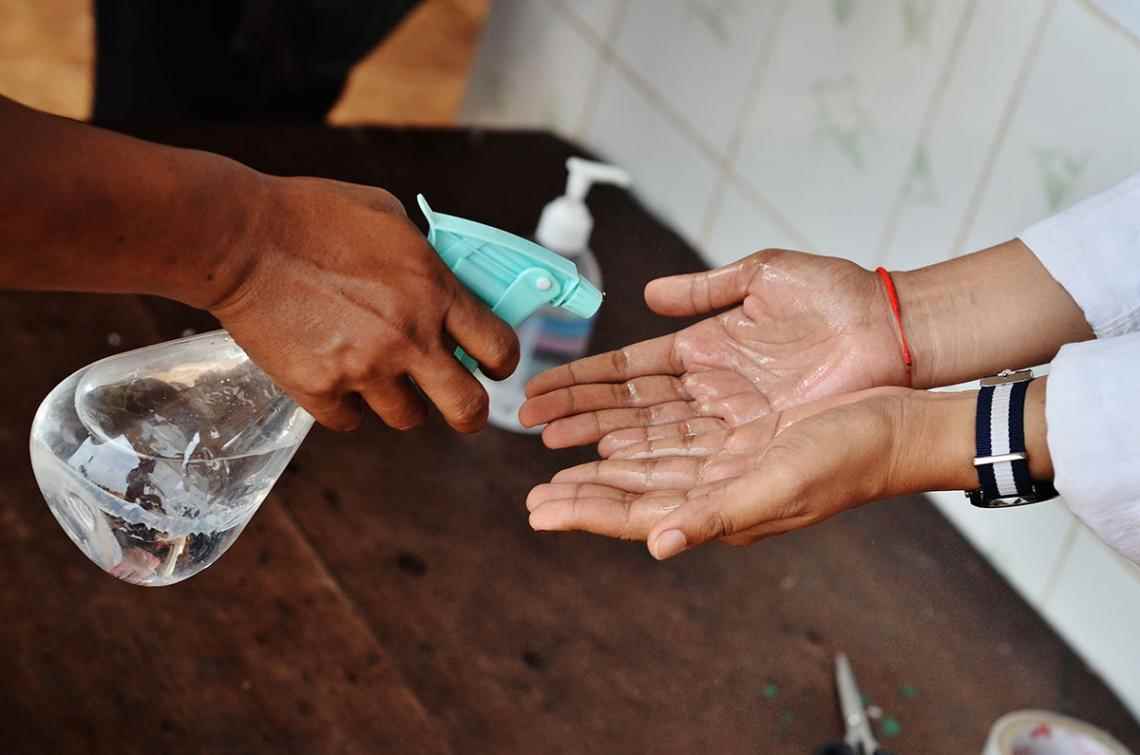
With face-to-face training ruled out due to social distancing, technology plays an important role in our response. We are developing distance learning modules and using videos and webinars to roll them out.
While this will not be sufficient in a low-tech environment with many of our frontline workers unable to access computers and regular internet, UNICEF plans to also use other measures such as reaching communities over the phone to ensure it is accesible to everyone.
We are also supplying essential protective equipment such as masks, gloves, and hygiene supplies to these frontline workers. Even with all of this, we were shocked to find how much work we had to do to prepare the national social service workforce to deal with a global pandemic.
There are only 17 donor-supported professional social workers for the whole country. While there are more social welfare workers, the need for countries in the developing world to accelerate the professionalisation of social workers could not be more evident than during these times.
We are already planning to recruit short-term social workers to cover this emergency, but the situation needs a long-term solution.
Hotline phone numbers have been distributed to all caregivers, which they can use to call counsellors for psychosocial support. However, with restricted movement it has been difficult to visit these centres and assess how safe the children are feeling.
We are in the process of doing assessments over the phone and we will also do in-person visits for serious cases.
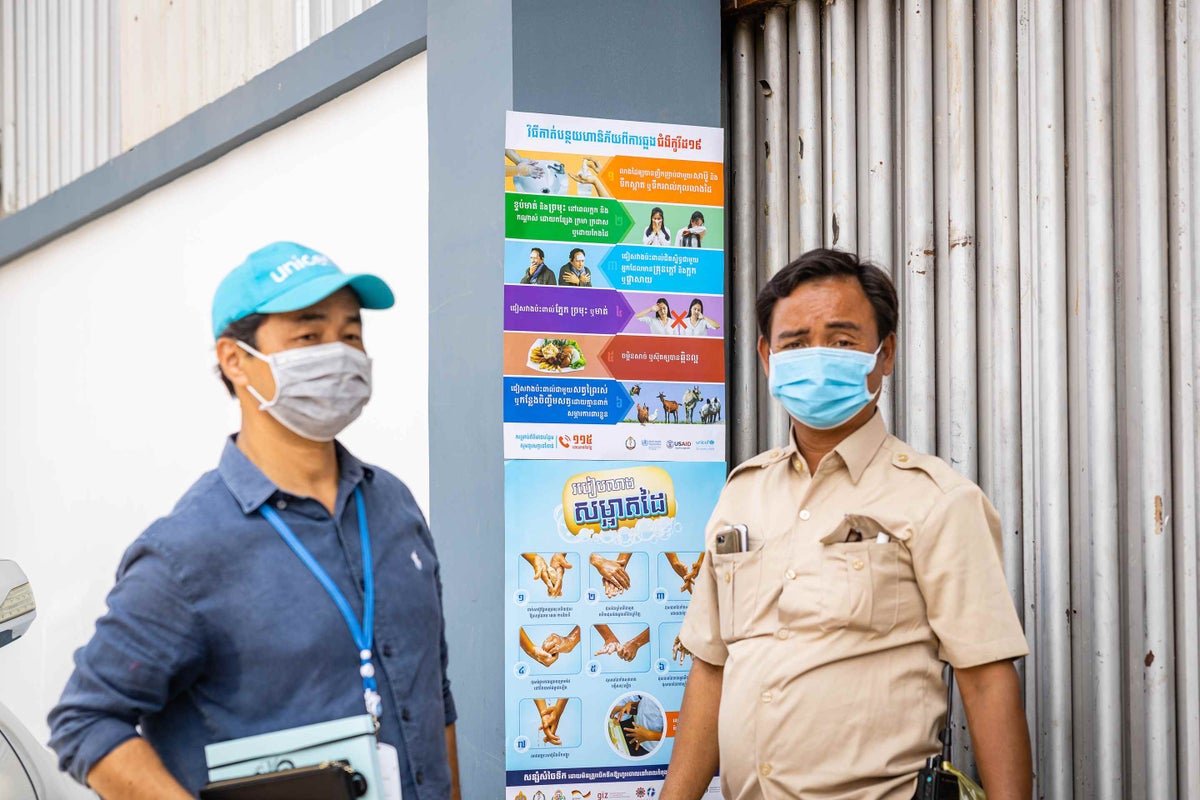
UNICEF can take some satisfaction that Cambodia’s move towards de-institutionalisation has yielded results. In 2015, there were more than 26,000 children in some 600 residential facilities; before that, we did not even know the full scale of the orphanage system.
Over the last three years, thousands of children have returned home to their families. This pandemic is a strong reminder of the importance of de-institutionalisation and family-based care. The country will be better able to deal with the pandemic with children safely at home.
As experts warn us not to turn this pandemic into an epidemic of abuse and with so much still unknown about the trajectory of this virus in Cambodia, we remain vigilant.
As frightening as the situation feels, knowing that the whole world is in this together gives us the strength to keep moving.
Related articles
Stay up-to-date on UNICEF's work in Australia and around the world



